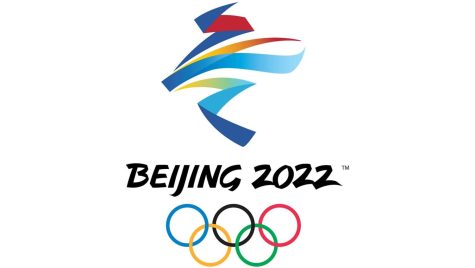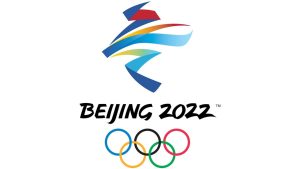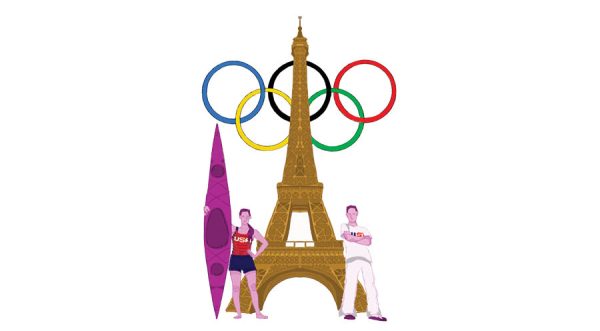COVID-19, controversy, competition: A look into the 2022 Winter Olympics
With COVID-19 restrictions and geopolitical controversy, the 2022 Beijing Winter Olympics will be unlike any other.
February 7, 2022
Athletes from all over the world prepare year-round for the most anticipated days of their career: the Olympic Games. Perhaps the most prestigious milestone an athlete can reach, the Olympics are filled with moments of pride for themselves, their team and their country.
Due to current unusual circumstances like COVID-19 and political tensions, the 2022 Winter Olympics in Beijing, which began Feb. 4 and continue to Feb. 20, are unlike any before. Here is a look into it all. Coverage will be televised on several TV channels, including NBC, USA, CNBC and the official Olympic Channel. The games can also be viewed on apps such as Peacock and NBC Sports for free.
Over 90 nations will compete across 15 different sports, and a total of 109 medals will be awarded. The Beijing Games will feature seven new events ranging from women’s monobob, an event included partly to increase women’s involvement in the Olympics, to ski jumping. The sports are categorized into the three general groups: ice sports; alpine, skiing and snowboarding; and Nordic events, with the full schedule available on the Olympics website.
Beijing is the first city to have hosted both the Summer and Winter Olympics. It was selected as the 2022 Winter Olympic venue back in 2015. The decision was controversial due to Beijing and the surrounding area’s limited annual snowfall, however the country beat Almaty in a bid and by four votes at the 128th International Olympics Committee session.
One of the biggest differences between this year’s Winter Olympics and those past is the regulations in place against COVID-19 to counter the recent surge of cases of the omicron variant. International spectators have generally been prohibited from attending the Olympics, though a small number have been selected to attend.
According to the medical expert panel chair for the 2022 Beijing Olympics, athletes, press members and officials who have tested positive for COVID-19 in the past 30 days are mandated to provide five negative PCR tests before entering China. Should an Olympic participant contract COVID-19 within China’s borders, they will be required to isolate until they test negative twice. Although there is a vaccination policy, the IOC describes “fully vaccinated” as participants following their own countries’ guidelines. Though strongly encouraged by the IOC, a booster shot is not required. Lastly, the Olympics will utilize a Closed Loop System, a type of shield that will minimize contamination and transmission by creating a “bubble” and close off the game arenas from the rest of the city.
Besides the challenges posed by the pandemic, intense geopolitical tensions have created controversy surrounding this year’s Olympics, specifically due to its location in China. Many athletes have expressed unease and disapproval of the games being held in China because of the country’s alleged human rights abuses. The Biden administration announced a diplomatic boycott against China, which will still allow U.S. team athletes to participate in the 2022 Olympics while halting official delegations such as U.S. diplomats and general official representation. U.S. athletes participating in the Games will proceed as normally, with “full support” from the Biden administration. Britain, Australia and Canada joined the diplomatic boycott.
Although the boycott may seem significant, Christy Gerst, U-High Comparative Politics and Global Relations teacher, explained how Olympic boycotts such as at the 1980 Moscow Olympics Games historically have failed to make their intended impact.
“I view this boycott as something insignificant to the larger scheme of China and the United States’ relationship,” Ms. Gerst said. “It is moreso the message of the people that is powerful.”
Despite the peculiarity surrounding the Beijing Olympics, athletes worldwide will continue to deliver their finest performances, making the Games just as exhilarating as any other.
























